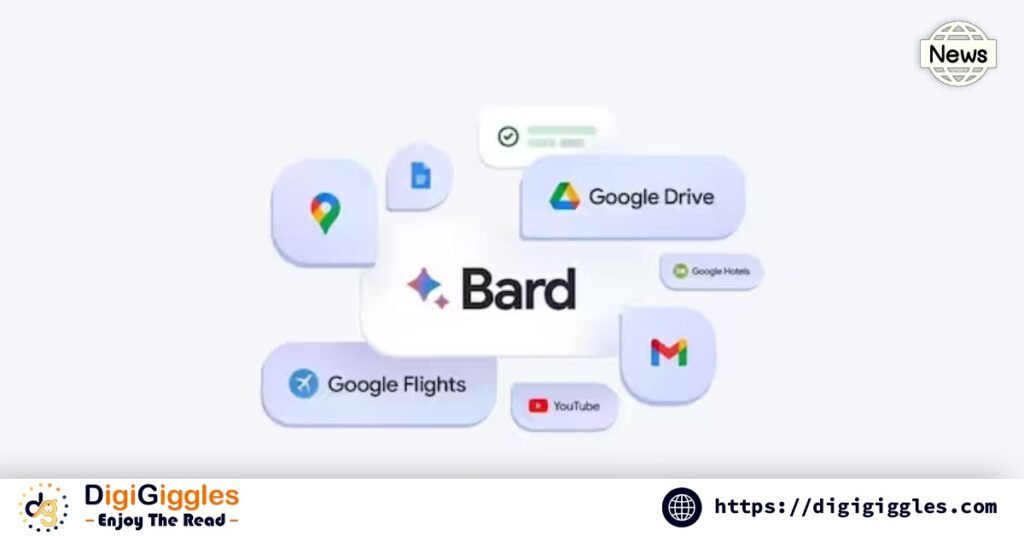
Google’s AI chatbot Bard’s image generation feature was made available last week. Google’s Bard enables users to create AI-generated images by providing text prompts in the chatbot, much like Microsoft’s Copilot. Following Microsoft’s lead and renaming its AI chatbot Bing as Copilot, reports state that Google plans to rename its chatbot Bard as Gemini once it generates images.
A developer by the name of Dylan Roussel on platform X (formerly Twitter) has made public a fresh changelog from Google that purportedly contains a list of updates the company is developing for Google’s AI chatbot, Bard. According to the changelog screenshot, one of the changes will be a name change from Bard to Gemini. The updates are scheduled to be available on February 7.
This action is in line with Google’s strategy to integrate its LLM model, Gemini, throughout its product line. Notably, Google might decide to fully endorse Bard based on its AI model Gemini.
Apart from the rebranding, the changelog screenshot indicates that Google may potentially launch a premium ‘Advanced’ tier that is powered by Gemini Ultra. It is said that Google intends to charge for the advanced version of Gemini, much like OpenAI charges a fee for its advanced large language model GPT-4. The advanced version will include deeper file and document exploration and analysis, improved coding support, and enhanced multi-modal features. Additionally, Gemini is expanding its reach to Canada with this release, as it is now available there for the first time since its launch.
Last year, Google released three versions of its LLM Gemini: Gemini Nano, Gemini Pro, and Gemini Ultra. Google says its LLM model can “perform complex tasks like logical reasoning, coding, creative collaboration, and following nuanced instructions.”
That’s not all, though. Furthermore, Google plans to release a Gemini app specifically for smartphone users. With Google’s new Gemini app, you can use AI on your phone to do a variety of tasks, including planning, writing, and learning. Gemini works with a number of Google services, including Maps, Gmail, and YouTube. Android users will get a separate app, but iOS users may be able to access Gemini through the Google app.
Only specific devices will be able to access the app, according to a leaked copy of Google’s changelog. Additionally, Gemini will support more languages in most parts of the world—with the exception of some European nations and regions—including Japanese, Korean, and English. Google also intends to include additional nations and languages in Gemini.
Though Google hasn’t confirmed anything yet, it’s crucial to remember that the major announcements should come this week.